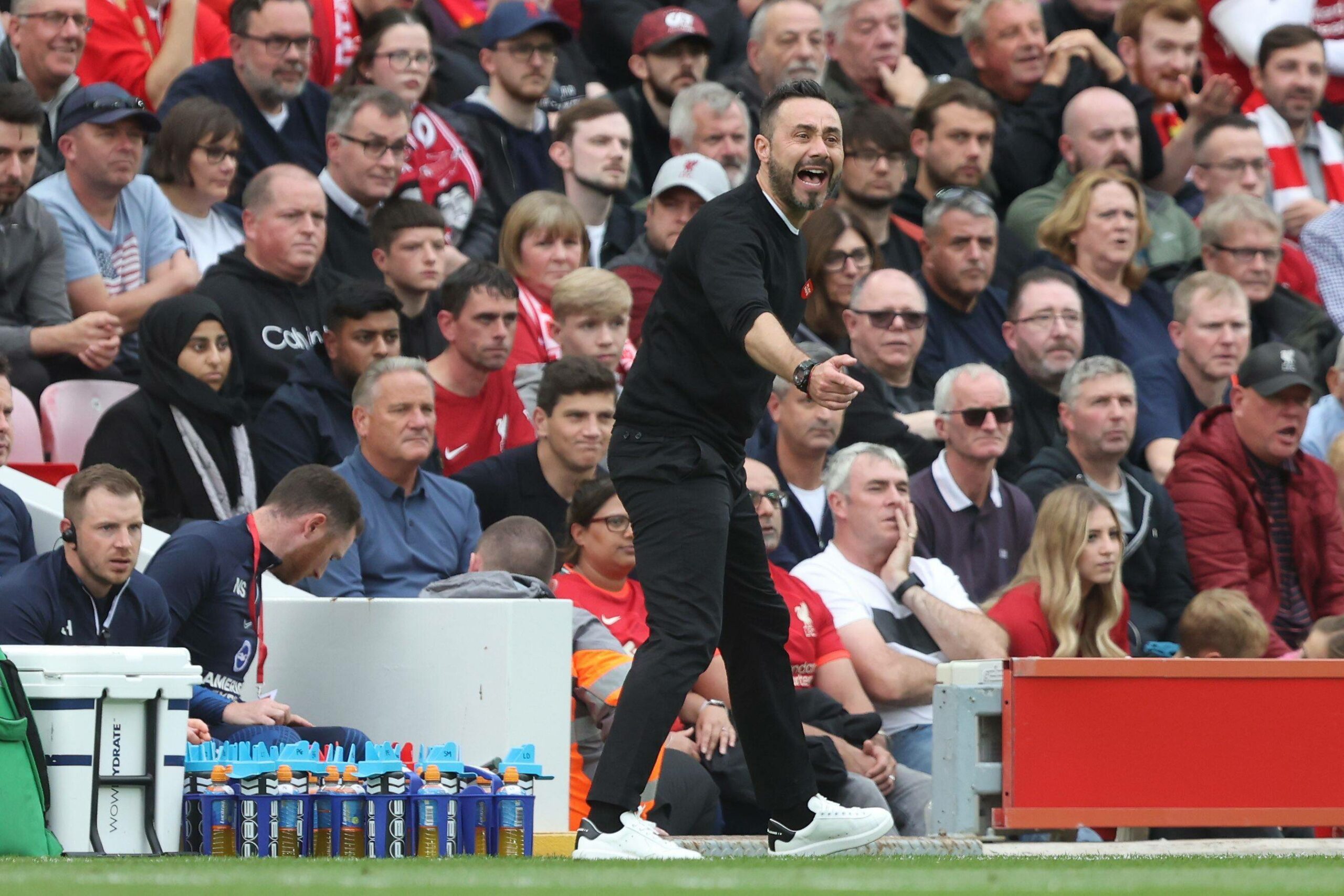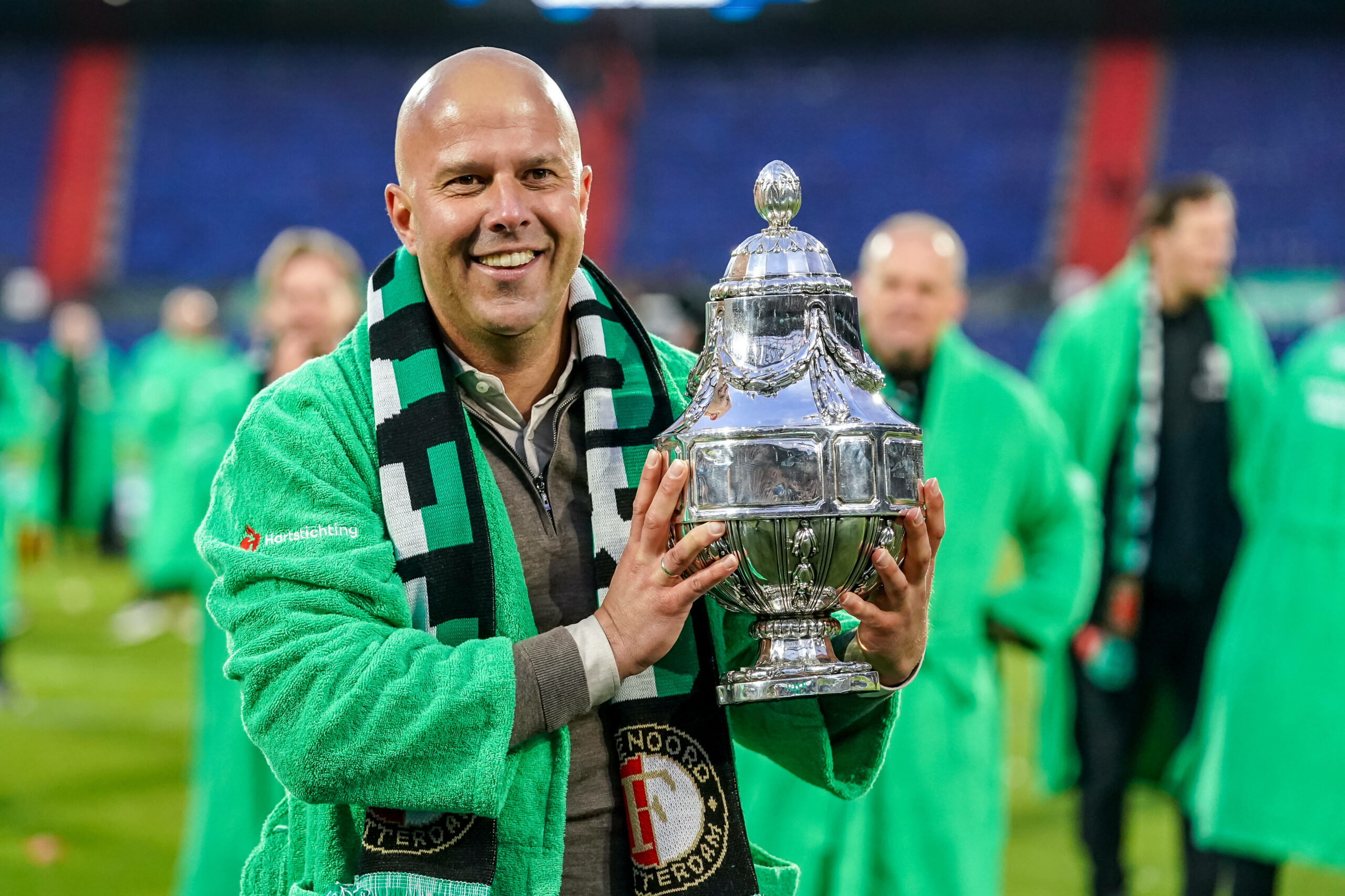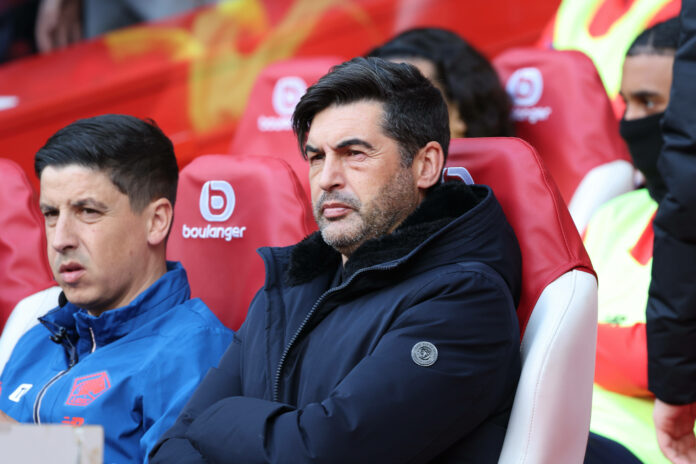Liverpool’s Managerial Search: Navigating the Post-Klopp Landscape
As the whispers around Anfield grow louder, it’s clear the Reds are on the brink of a pivotal transformation. Ruben Amorim’s move from Sporting CP, once perceived as a certainty, has dwindled into the realm of unlikelihood, leaving fans and pundits alike pondering Liverpool’s next move. Credit to Anfield Watch for staying on top of this evolving story, providing insights that fuel discussions across the footballing community.
Exploring Liverpool’s Managerial Options
With Ruben Amorim stepping back, the spotlight shifts to other potential suitors capable of handling the reins at Liverpool. The list of candidates, as noted by Anfield Watch, includes names like Robert De Zerbi and Gary O’Neil, each bringing their own style and experience to the table.
Robert De Zerbi, celebrated for his tenure at Brighton, emerges as a favourite. Anfield Watch quotes Italian journalist Gianluca Di Marzio, highlighting De Zerbi’s appeal to Liverpool’s new sporting director, Richard Hughes. De Zerbi’s ability to enhance team performance with a consistent style makes him a compelling choice. However, his tactical rigidity, especially against defensive teams, poses a significant concern. Is Liverpool ready to bet on his unique approach, despite potential defensive frailties?

Gary O’Neil’s candidacy represents a blend of loyalty and risk. His connections within the club and past collaborations with Michael Edwards could tilt the scales in his favour. Despite this, O’Neil’s lack of European management experience raises questions about his readiness for a club of Liverpool’s stature.
Emerging Contenders
Andoni Iraola and Arne Slot stand out as managers who have proven their mettle in challenging environments. Iraola’s journey with Rayo Vallecano and Bournemouth showcases his tactical acumen and his knack for uplifting teams. Slot’s record in the Netherlands is equally impressive, marked by high points per game and significant achievements with Feyenoord.

Paulo Fonseca, another name tossed into the mix, brings a mixed bag of success across Europe. His recent stint with Lille highlights his ability to navigate tough leagues and push teams beyond their perceived limits. Fonseca’s strategic mindset could blend well with Liverpool’s ambitions, but his inconsistent track record might be a cause for hesitation.
Analysing Fit and Philosophy
Choosing Klopp’s successor is less about finding a replica and more about discovering someone who can evolve the club’s current philosophy. Liverpool requires a manager who not only understands the club’s storied history but is also capable of sculpting its future. The ideal candidate will need to balance tactical innovation with the ability to nurture and develop talent, ensuring continuity and competitiveness on all fronts.
Conclusion: A Strategic Decision Awaits
As Liverpool navigates this critical juncture, the decision will likely hinge on a blend of strategic fit, proven track record, and potential for long-term impact. The club’s choice will set the tone for the post-Klopp era, aiming to preserve the club’s competitive edge while refreshing the tactical playbook.
With so much at stake, the Anfield hierarchy must weigh their options carefully, ensuring that the new manager is not only a tactical fit but also someone who embodies the spirit and ambition of Liverpool. As the search continues, all eyes will remain on Anfield, eagerly anticipating the next chapter in this storied club’s history.



